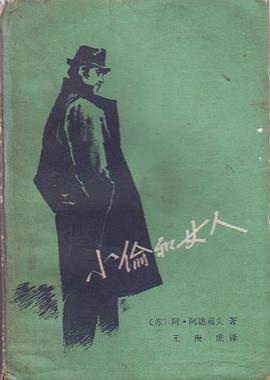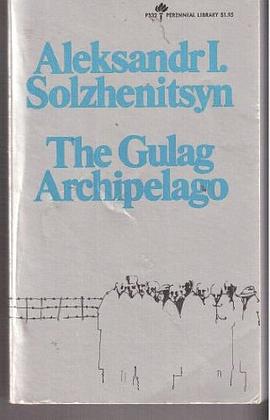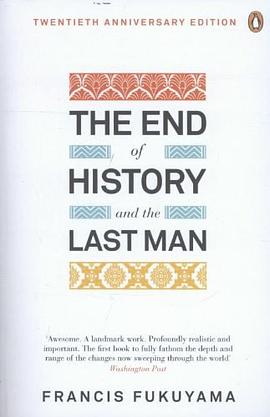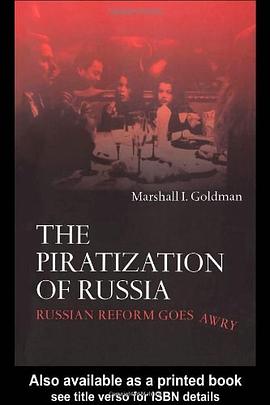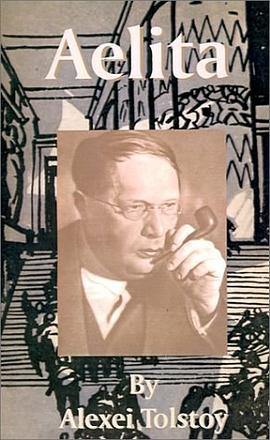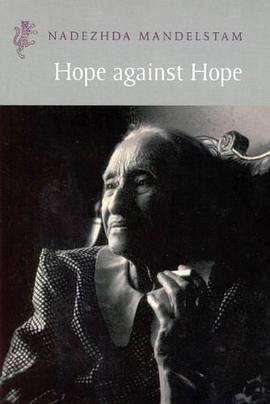

具體描述
The story of the poet Osip Mandelstam, who suffered continuous persecution under Stalin, but whose wife constantly supported both him and his writings until he died in 1938. Since 1917 The Modern Library prides itself as The modern Library of the world s Best Books . Featuring introductions by leading writers, stunning translations, scholarly endnotes and reading group guides. Production values emphasize superior quality and readability. Competitive prices, coupled with exciting cover design make these an ideal gift to be cherished by the avid reader. Of the eighty-one years of her life, Nadezhda Mandelstam spent nineteen as the wife of Russia's greatest poet in this century, Osip Mandelstam, and forty-two as his widow. The rest was childhood and youth." So writes Joseph Brodsky in his appreciation of Nadezhda Mandelstam that is reprinted here as an Introduction. Hope Against Hope was first published in English in 1970. It is Nadezhda Mandelstam's memoir of her life with Osip, who was first arrested in 1934 and died in Stalin's Great Purge of 1937-38. Hope Against Hope is a vital eyewitness account of Stalin's Soviet Union and one of the greatest testaments to the value of literature and imaginative freedom ever written. But it is also a profound inspiration--a love story that relates the daily struggle to keep both love and art alive in the most desperate circumstances.
著者簡介
Nadezhda Yakovlevna Mandelstam was born in Saratov in 1899, but spent her early life in Kiev, studying art and travelling widely in Western Europe. She learned English, French and German fluently enough to undertake extensive translation work, which supported her in the hard years ahead. She met the poet Osip Mandelstam in Kiev in 1919, and they married in 1922. From then until Osip's death, her life was so inextricably linked with her husband's that without her extraordinary courage and fortitude most of his work would have died with him. She spent the Second World War in Tashkent, teaching English and sharing a house with her close friend the poet Anna Akhmatova. After the war she led an inconspicuous existence as a teacher of English in remote provincial towns. In 1964 she was granted permission to return to Moscow, where she began to write her memoir of the life she had shared with one of the greatest Russian poets of the twentieth century, and where she continued to preserve his works and his memory in the face of official disapproval. Nadezhda means 'hope' in Russian, and she herself chose the English titles for her two-volume memoirs. She died in 1980.
圖書目錄
讀後感
都读这样的书,感到浑身寒冷,冷到不能自拔。就像骨髓里填满了冰渣。 这些血与泪是多么可怕,要是降临在我们身上,我们会如何? 俄罗斯的苦难要我们都记住。记忆就是冰上的血迹,鲜艳而凛冽。相比较,我们的生活太平庸了,可我们敢面对那样的时代吗?只希望它别再出现吧。 曼夫...
評分诗人安娜·阿赫玛托娃认为,在二十世纪的俄国诗人所写的自传中,有两本最为出色:一本是帕斯捷尔纳克的《安全证书》,另外一本是曼德施塔姆的《时代的喧嚣》。阿赫玛托娃原本想自己也写一本自传,但是已有的两本自传如此优秀,竟然使其有些担心自己这部“未完成自传”,会显得...
評分诗人安娜·阿赫玛托娃认为,在二十世纪的俄国诗人所写的自传中,有两本最为出色:一本是帕斯捷尔纳克的《安全证书》,另外一本是曼德施塔姆的《时代的喧嚣》。阿赫玛托娃原本想自己也写一本自传,但是已有的两本自传如此优秀,竟然使其有些担心自己这部“未完成自传”,会显得...
評分江绪林老师的自缢才突然使我意识到和雾霾一起严重起来的恐怖,我心里的焦虑、愤懑和担忧就始终很强。坐在从江绪林老师遗体告别会回来的大巴上,我看着虹梅南路上路中间地铁施工的一根根水泥柱,整个闵行南部很长时间都是雾霾和扬尘。清明回家前,我去墨江路寄自行车,路两旁大...
評分诗歌与……“黑暗岁月的同志” 李公明 “深夜花园里四处静悄悄……”有些自以为熟悉的歌词,当我们在吟唱的时候还真的不知道我们吟唱的其实是什么。比如,关于 “莫斯科郊外的晚上”,在读这部《曼德施塔姆夫人回忆录》(刘文飞译,广西师大出版社,2013年9月)以前,我真的...
用戶評價
相關圖書
本站所有內容均為互聯網搜索引擎提供的公開搜索信息,本站不存儲任何數據與內容,任何內容與數據均與本站無關,如有需要請聯繫相關搜索引擎包括但不限於百度,google,bing,sogou 等
© 2025 book.quotespace.org All Rights Reserved. 小美書屋 版权所有



